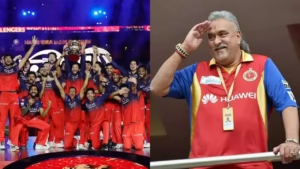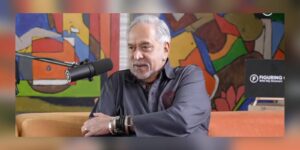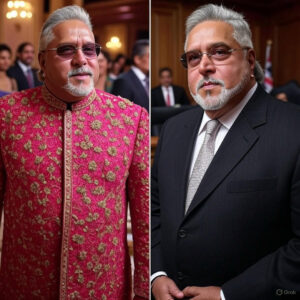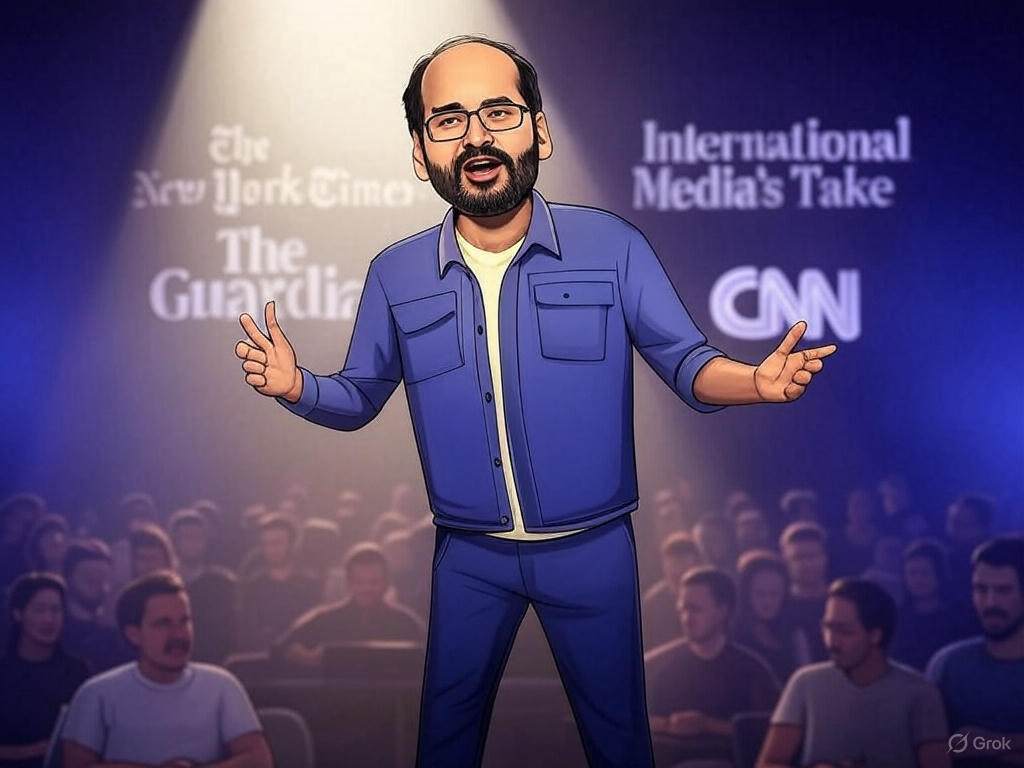Kunal Kamra, an Indian stand-up comic known for his political satire, recently found himself at the center of a controversy after making a Controversial joke about a political leader in India. This incident not only sparked heated debates within the country but also caught the attention of international media. From The New York Times to CNN, various global news outlets reported on the event, each providing their unique perspective on the situation and its broader implications for freedom of speech in India.
Table of Contents
ToggleThe New York Times' Coverage:
The New York Times (NYT) shed light on the volatile nature of political comedy in India, reporting that Kunal Kamra’s joke led to a violent mob attack on a comedy club. It contrasted this with Western norms, where political humor is common, and noted PM Modi’s earlier statement about accepting criticism, yet highlighted the challenging environment for comedians in India who dare to make jokes about political leaders.
Dawn Newspaper's Perspective:
Pakistan’s Dawn newspaper provided a different angle, noting that Kunal Kamra ‘s joke was part of his regular practice of targeting political figures, specifically Eknath Shinde, resulting in a police case. It drew parallels with Munawwar Faruqui, jailed in 2021 for allegedly insulting Hindu deities, underscoring a trend of backlash against comedians.
The Guardian's Report:
The British newspaper The Guardian took a deeper look, noting Kunal Kamra’s critique is rare under the BJP’s decade-long rule, creating a hostile environment. It mentioned cases like Munawwar Faruqui and Vir Das facing legal troubles, illustrating the risks involved.
CNN's Coverage:
CNN focused on legal repercussions, reminding readers of Kunal Kamra’s 2020 Supreme Court contempt ruling and his cancellation of approximately 100 shows due to threats from right-wing groups, painting a picture of significant personal and professional challenges.
Other Media Outlets:
Outlets like BBC, Washington Post, and Arab News echoed concerns, emphasizing potential defamation charges and the broader atmosphere for free speech in India, collectively highlighting censorship in India.
The controversy surrounding Kunal Kamra’s joke has served as a focal point for discussions on freedom of speech in India and the role of comedy in political discourse in India. The International media coverage has brought to light the challenges that comedians face in a country where the line between satire and offense can be blurry, especially when it involves powerful political figures. As India continues to navigate its democratic values, the incident with Kunal Kamra remains a significant case study in the ongoing debate over the limits of free expression.

Jugaad on Two Wheels: The Hilarious Bike Parcel Hack in Karnataka
The Great Karnataka Bike Parcel Hack: A Jugaad Masterclass #RapidoParcel: In a creative yet controversial move, ride-hailing platform Rapido has found a way around Karnataka’s

Denmark’s Digital Sovereignty Revolution: Linux and LibreOffice Lead the Way
Introduction to Denmark’s Bold Move In June 2025, Denmark’s Ministry of Digital Affairs made headlines by embracing digital sovereignty, ditching Microsoft Windows and Office 365

🏏Sports as a Business Strategy: Insights from Vijay Mallya’s RCB Ownership
🧠 Sports as a Business Strategy (Tool) In modern business, few platforms offer better engagement and emotional connection than sports. From football clubs in Europe

🙏 Apologies in Leadership: Vijay Mallya Public Apology
🧠 Introduction: The Role of Apologies in Leadership In the corporate world, apologies aren’t signs of weakness—they’re strategic acts of leadership. When made with sincerity

Audiobook Production Costs: Navigating Recording Artists, Studio Expenses, and AI’s Impact
The audiobook industry is booming, with over 130 million listeners in the U.S. alone in 2021 and a growing global appetite for audio content. Producing

Media Trial of Vijay Mallya: How Public Perception Shaped Vijay Mallya’s Legacy
Introduction: Media’s Influence on Business Narratives In today’s hyper-connected world, media narratives can make or break a business reputation. For Vijay Mallya, once known as

